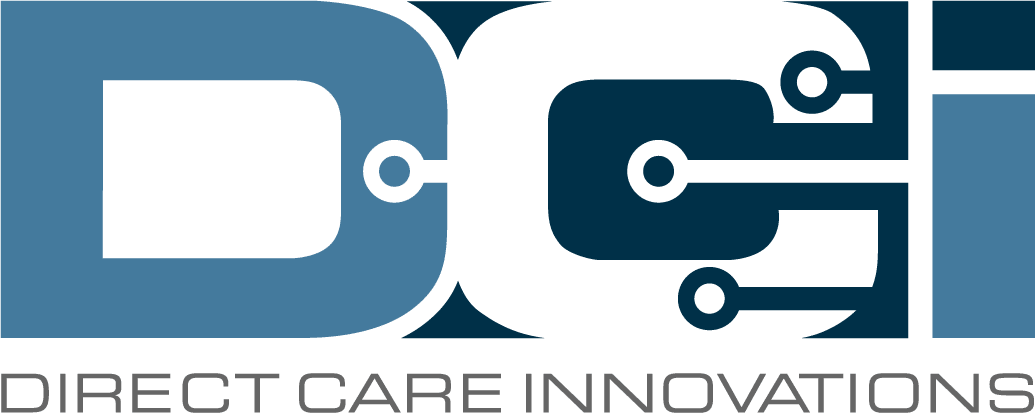Helping Self-Directed Participants Retain Their Independence
Self-direction is a long-term care program for children and adults living with disabilities who wish to maintain their independence at home. This Medicaid-funded care allows self-directed individuals to be in control of their service plan and make choices that are best for them. Direct Care Innovations works with managed care organizations and fiscal management agencies that assist self-directed participants. One of the most valuable aspects of self-direction is the ability of participants to maintain their independence. Keep reading to learn more about self-direction and its many benefits.

Unique Aspects about Self-Direction
More than one million Americans have taken advantage of self-directed programs. With complete control and flexibility to manage their health care services, it’s no surprise why this approach has grown in popularity. Self-direction allows individuals to direct their health care plan by hiring and training staff, setting staff schedules, choosing specific treatments and services, and more. Services and supports typically vary depending on your state of residence.
Advantages of Self-Direction
Self-direction is a cost-effective alternative to nursing homes, in-patient service programs, and other care facilities. It offers participants the choice and freedom to prioritize their medical and healthcare needs. Self-direction is based on the idea that people living with disabilities know what they need best, and they should be in control of planning and managing their services.
A few other benefits include:
- Hiring family members, friends, and trusted adults of their choosing
- Directing funds within the service budget to meet their needs
- Choosing the type of services they want, such as community-based, institutional, or in-home
Services That Are Included
Many of the same services a home health care aide provides are also included in a self-direction program, such as medication management, transportation, respite care, meal preparation, and many more. Some states allow budget funds to be used for Individual Directed Goods and Services (IDGS). These include equipment, supplies, and care not already covered by their service or Medicaid health plans. Household appliances to accommodate disabilities, home improvement renovations for safety, and therapeutic treatments are all examples of IDGS.
Requirements of Self-Directed Programs
Thankfully, if a person chooses self-direction, they are not left on their own to navigate their way through the system. According to Medicaid rules, support must be made available for self-direction services, such as fiscal management services for administrative responsibilities and information and assistance that helps them create their individualized self-direction plan. If they cannot perform these responsibilities, they can have a designated representative or guardian serve as the employer and make decisions on their behalf.
We proudly serve Medicaid and Medicare agencies, government organizations, and managed care organizations with our comprehensive healthcare management software. Our modules include vendor payments, HCBS billing software, care management, and EVV solutions made specifically for your healthcare business needs. Request a sales demo or contact us at (480) 295-3307 to learn more.
Source: “What is Self-Direction?” Web article. Applied Self-Direction. Web. 31 Dec. 2023.
